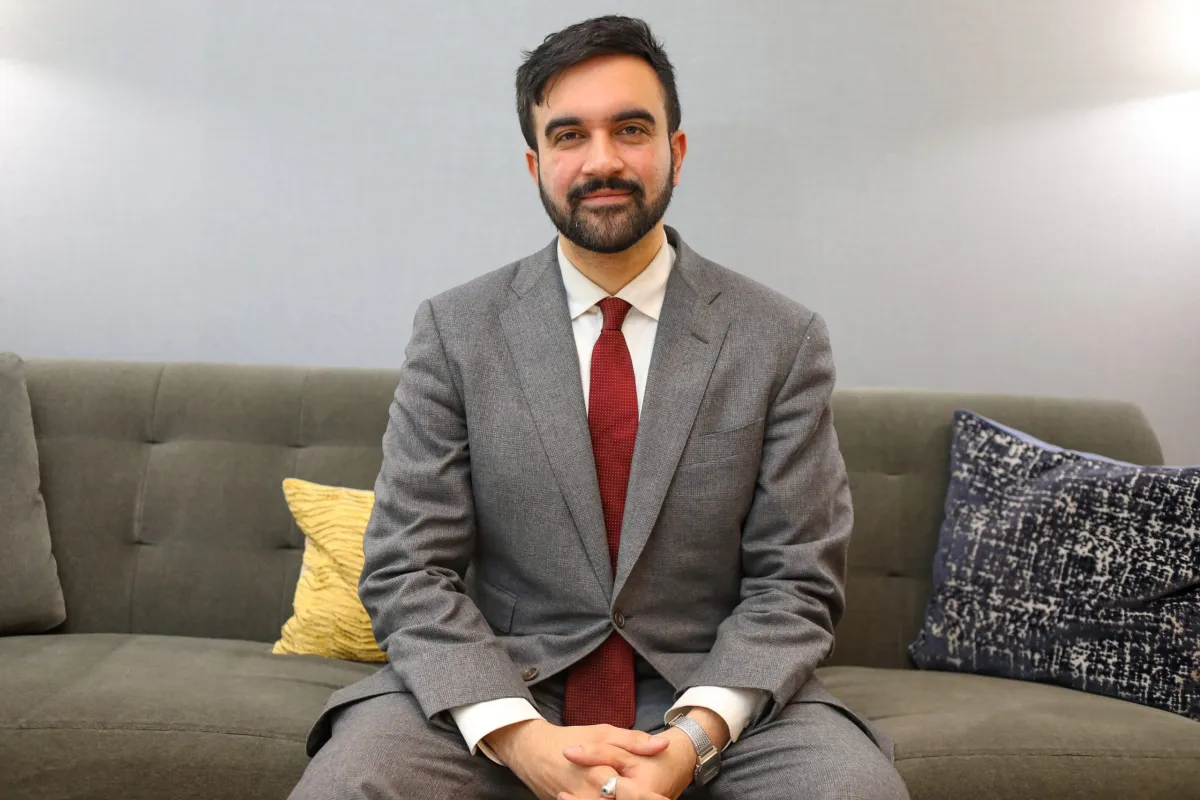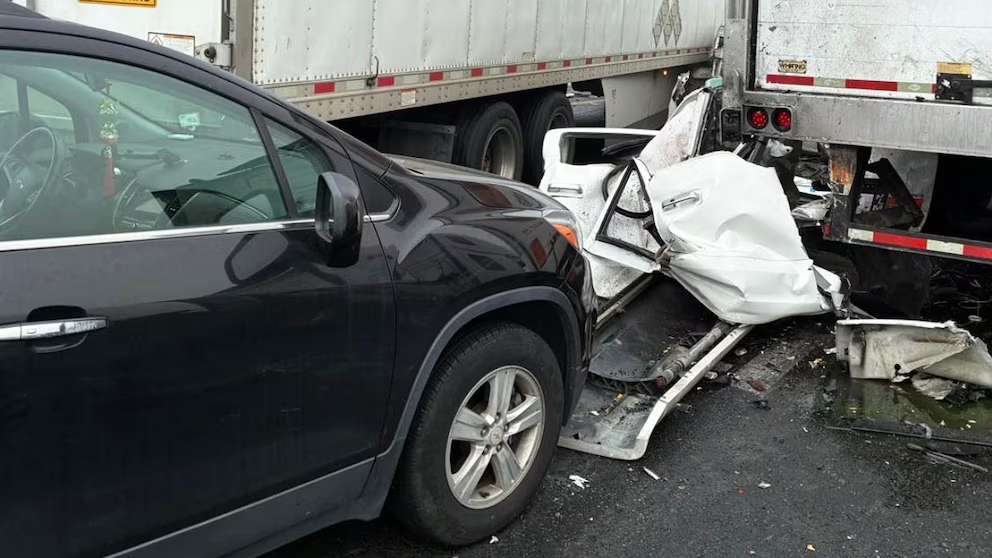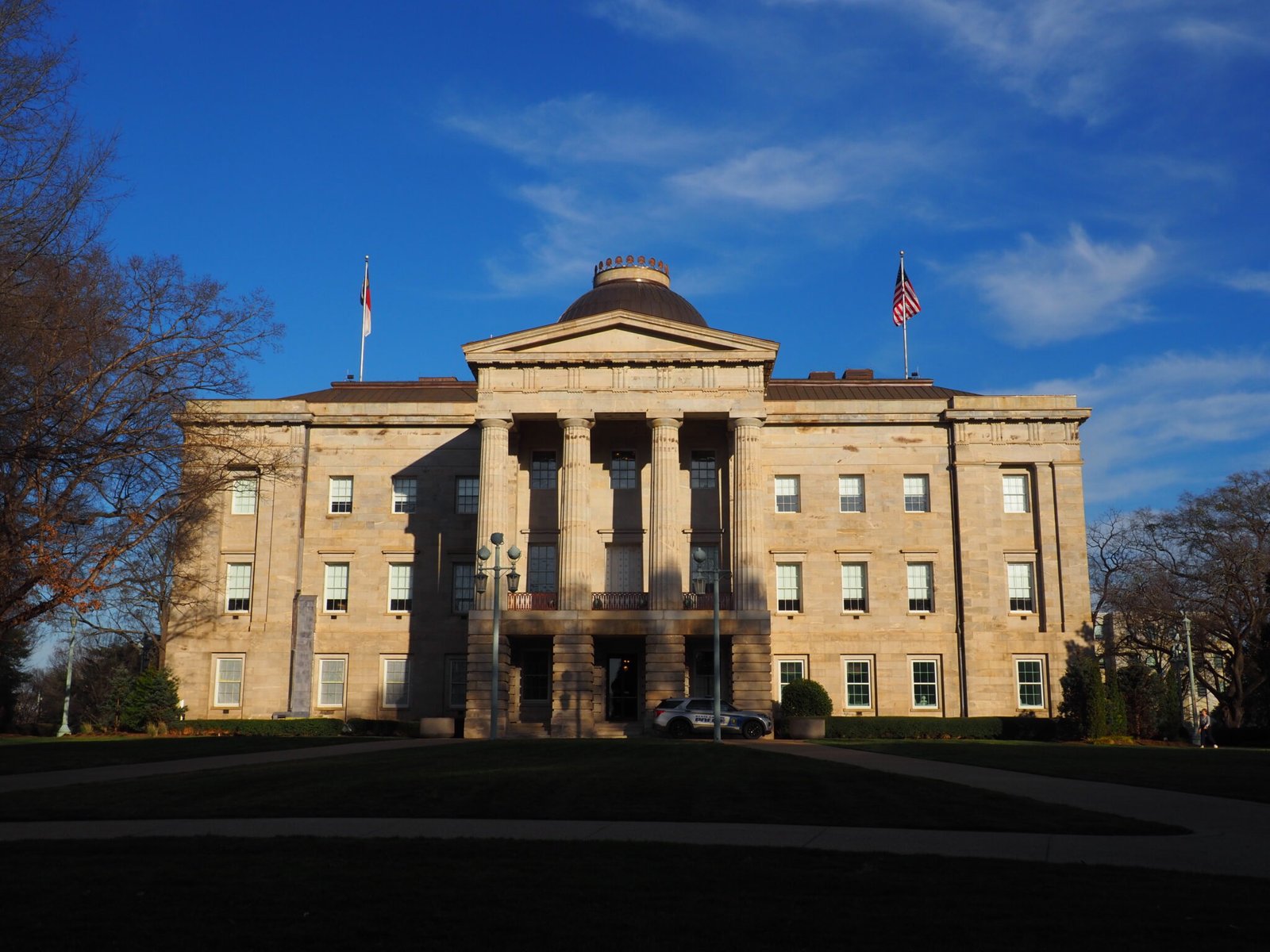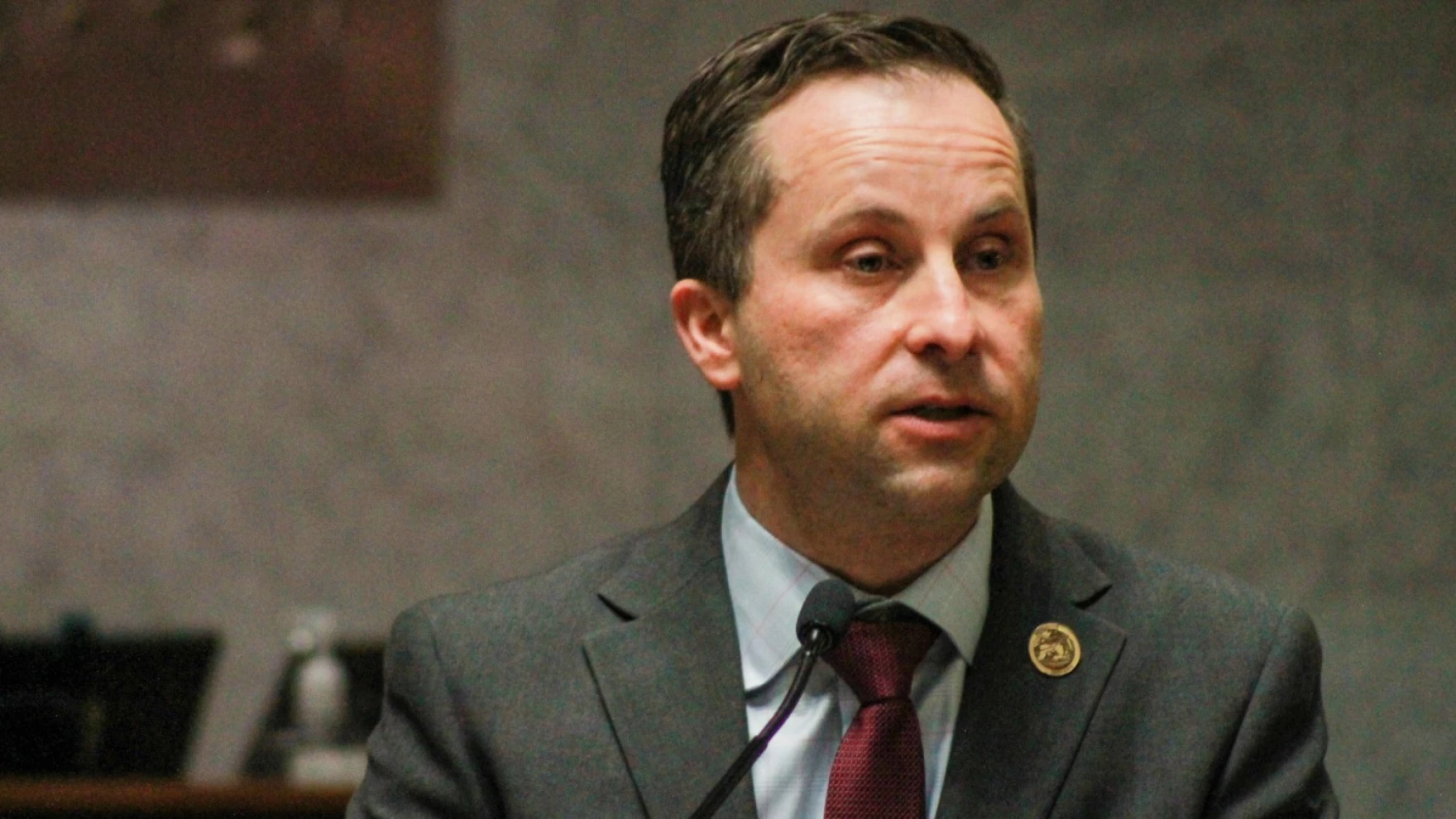Zohran Mamdani has emerged as one of the most influential progressive voices in New York politics. A member of the Democratic Socialists of America (DSA) and currently serving in the New York State Assembly, Mamdani is now in the spotlight after taking a clear lead in the 2025 Democratic primary for New York City mayor. If he wins in November, he will become the city’s first Muslim and Indian American mayor, a historic milestone that reflects a shifting political landscape driven by grassroots movements and a demand for change.
Born in Uganda and raised in New York City, Mamdani brings a unique blend of cultural and political influences. His father, Mahmood Mamdani, is a respected academic and political theorist, while his mother, Mira Nair, is a globally acclaimed filmmaker. This background has shaped Zohran Mamdani’s worldview and his commitment to justice, equity, and representation. After graduating from Wesleyan University in Connecticut in 2014, Mamdani worked as a housing counselor and organizer. He also performed as a rapper under the name Mr. Cardamom, using his music to highlight social issues and connect with diverse communities.
Mamdani’s political rise began in 2020 when he defeated incumbent Aravella Simotas to win a seat in the New York State Assembly, representing the 36th District in Astoria, Queens. His campaign focused on rent control, housing justice, and universal healthcare, gaining traction among voters frustrated with the status quo. He was part of a broader wave of DSA-backed candidates who challenged establishment Democrats and won by mobilizing younger, more diverse, and more progressive constituencies.
Since taking office, Mamdani has pushed for bold reforms. He has championed universal rent control, Medicare for All, free public transit, and police budget reductions. His legislative work reflects his belief that government should serve the working class and confront systemic inequality. His advocacy has earned him both praise and criticism, but it has never gone unnoticed. Many see him as a clear and unapologetic voice for the city’s struggling renters, low-income workers, and immigrants.
His 2025 mayoral campaign has been marked by a simple but powerful message: New York City needs leadership that puts people before profit. As rents skyrocket and public services face strain, Mamdani has promised to invest in affordable housing, expand transit access, and fight economic inequality. His campaign drew strong endorsements from national progressive leaders like Representative Alexandria Ocasio-Cortez and Senator Bernie Sanders. These endorsements helped fuel a surge in grassroots donations and volunteer turnout, further energizing his base.
In contrast to traditional political campaigns that rely on large donors and media blitzes, Mamdani’s strategy centered on direct voter contact. He held town halls, visited neighborhoods, and spoke to residents about their daily challenges. His approach paid off in the Democratic primary, where he pulled ahead of Andrew Cuomo, a former governor with high name recognition and a well-funded campaign. Cuomo had entered the race in what many saw as a comeback attempt after resigning four years earlier amid scandal. But despite his resources and experience, Cuomo conceded the primary after Mamdani took the lead in ranked-choice voting.
Mamdani’s success reflects a larger trend in Democratic politics, particularly in urban centers like New York. Voters are increasingly favoring candidates who offer fresh ideas and a break from centrist politics. Many want bold solutions to address housing, inequality, and climate change. Mamdani’s rise illustrates how a well-organized, message-driven campaign can beat powerful opponents by speaking directly to the people.
If elected in November, Mamdani will face significant challenges, including managing the city’s massive budget, addressing housing shortages, and navigating a divided City Council. But his supporters believe he brings the passion, clarity, and moral conviction needed for real change. His candidacy has already made an impact, signaling a new era in New York City politics where grassroots movements and community voices are no longer on the sidelines—they are leading the way.







